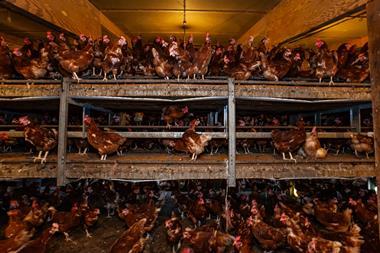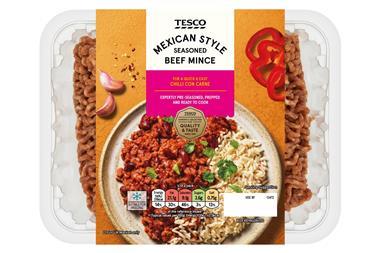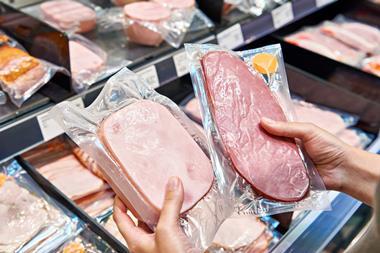Turkey producers are banking on a successful Easter to put sales back on track after February's bird flu scare.
Data from Nielsen shows that total fresh turkey sales were still 24% lower in the week ending 17 March than they had been at the same time in 2006.
And they were only increasing by a few percentage points each week, a spokeswoman said.
"Since the outbreak on 3 February, £5m has fallen out of the market for fresh turkey," she added.
At the same time, consumers appear to have traded up to more expensive products for reassurance and switched to other meats, especially beef. Growth across meat, fish and poultry has actually accelerated since February, Nielsen said.
However, in the run-up to Easter turkey producers were reporting the recovery and even a growth in sales of fresh whole birds compared with Easter 2006.
"Avian flu has had no adverse effects on sales of fresh whole birds," claimed Andy Lewins, managing director of Cranberry Foods, the UK's second-biggest supplier of whole turkeys after Bernard Matthews.
Sales of premium Kelly Bronze turkeys were even up on last year, according to MD and farmer Paul Kelly. "It's small, but there is a trend upwards on farmgate sales. In the long term, bird flu may have been good for us because people are trading up," he said.
Easter is traditionally the second-busiest time of year for sales of whole turkey because of the family meal occasion, said Kim Burgess of British Turkey's marketing committee.
High-profile campaigns such as the one by Bernard Matthews to reassure consumers had brought shoppers back, she claimed.
"The industry has been working hard to instil confidence - and we believe this has paid off," she said. "Producers are optimistic and grateful for the support retailers and customers have continued to show."
Bernard Matthews did not provide figures but said it was committed to supporting its brand and the turkey category as a whole through Easter.



















No comments yet